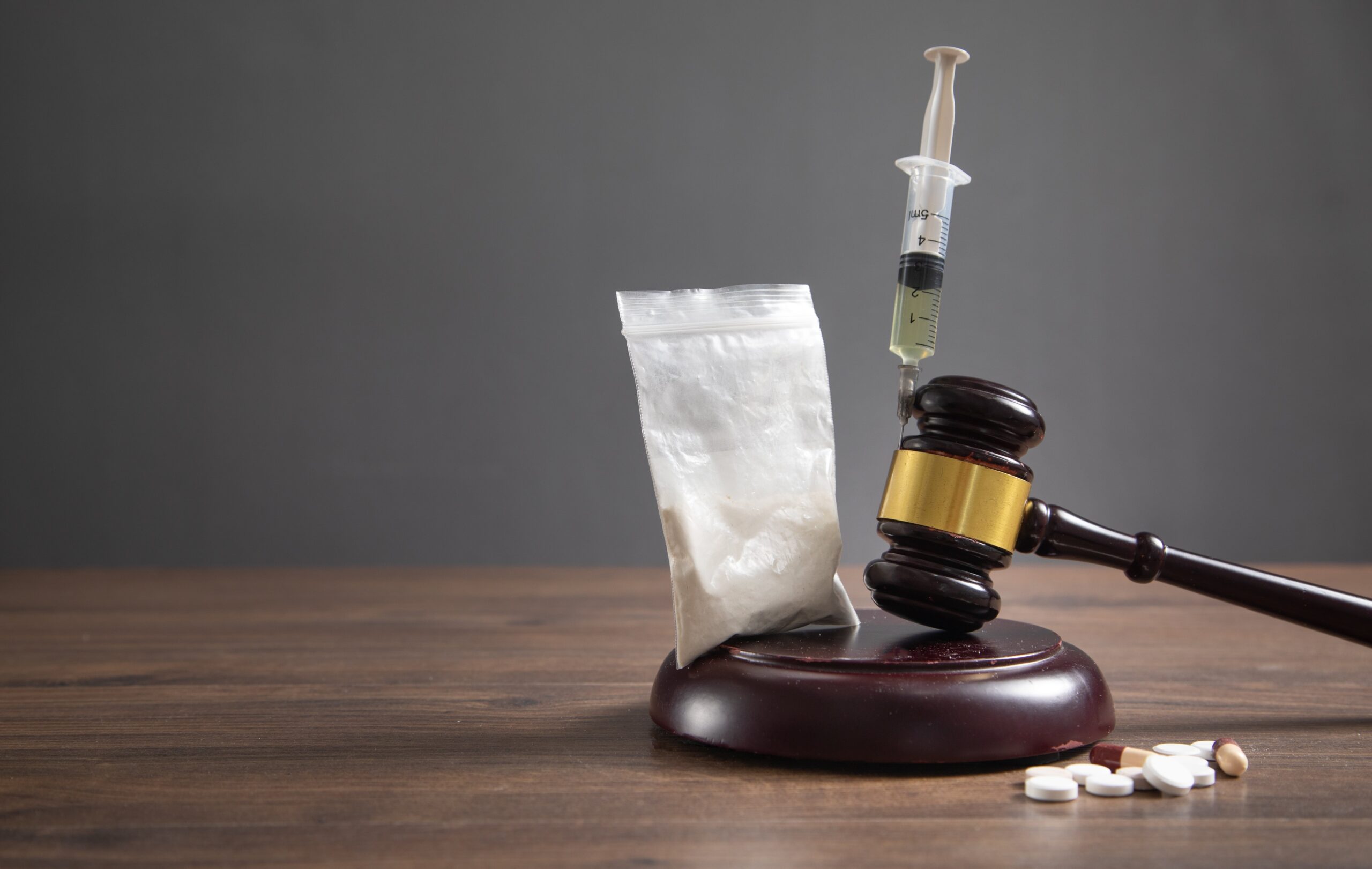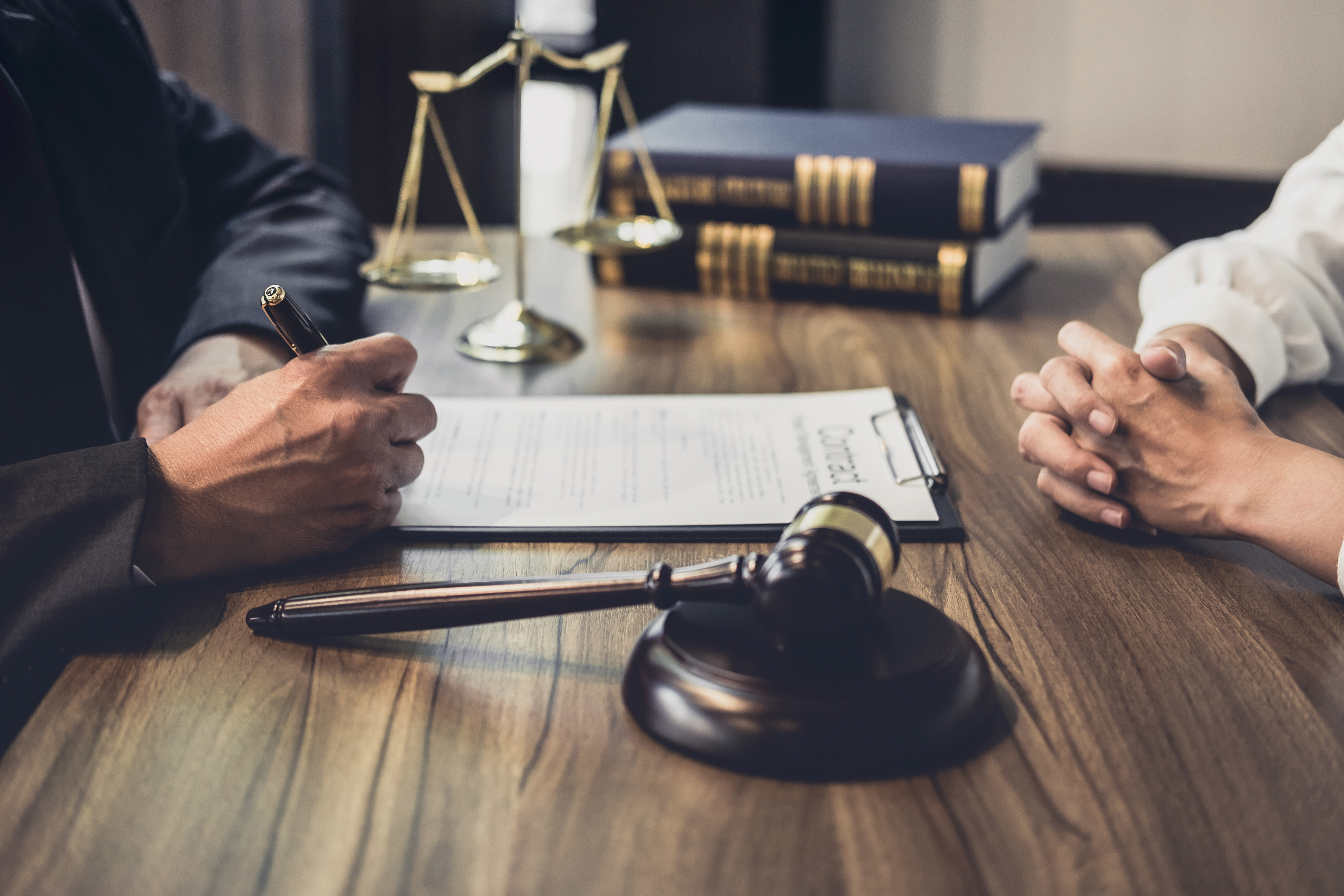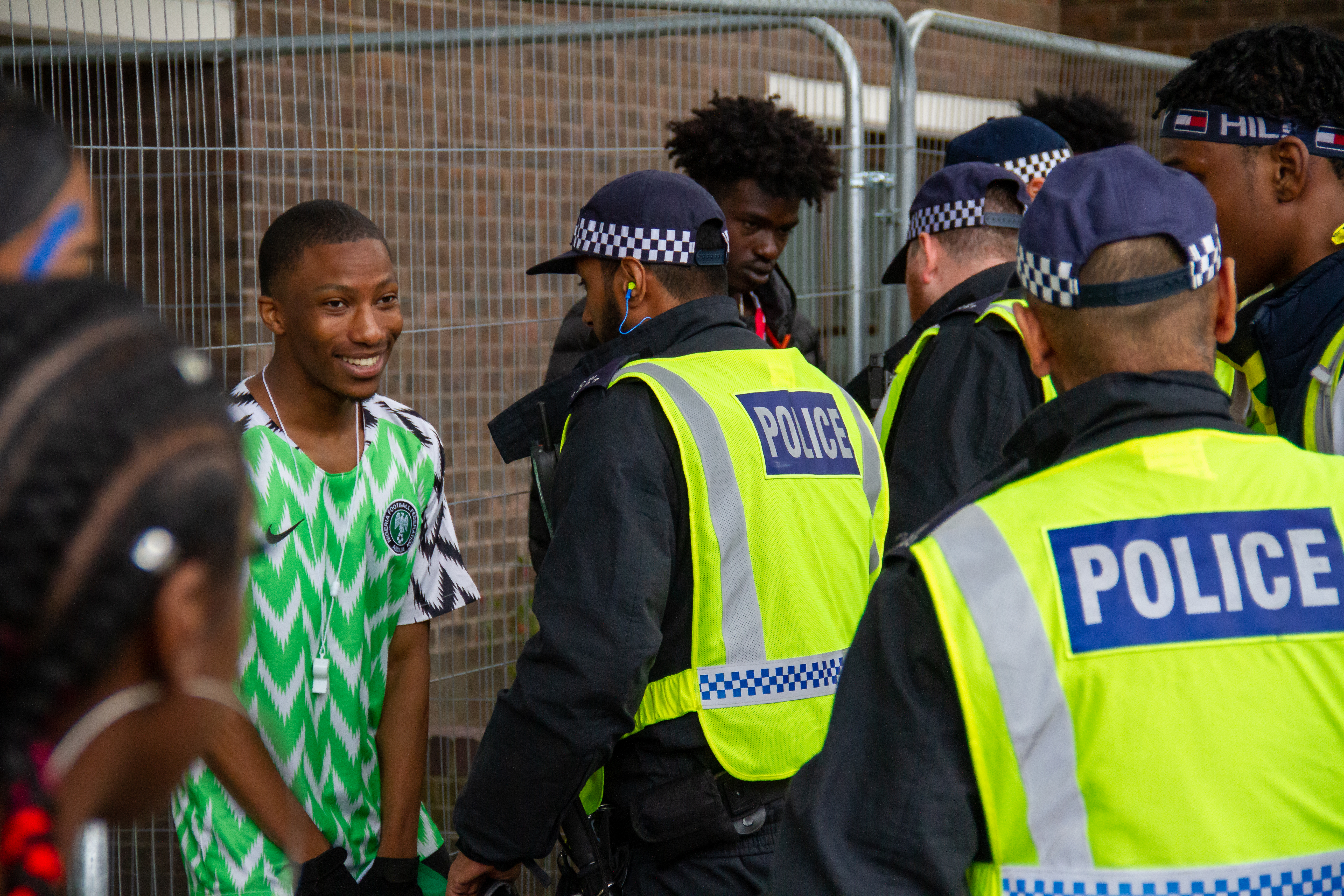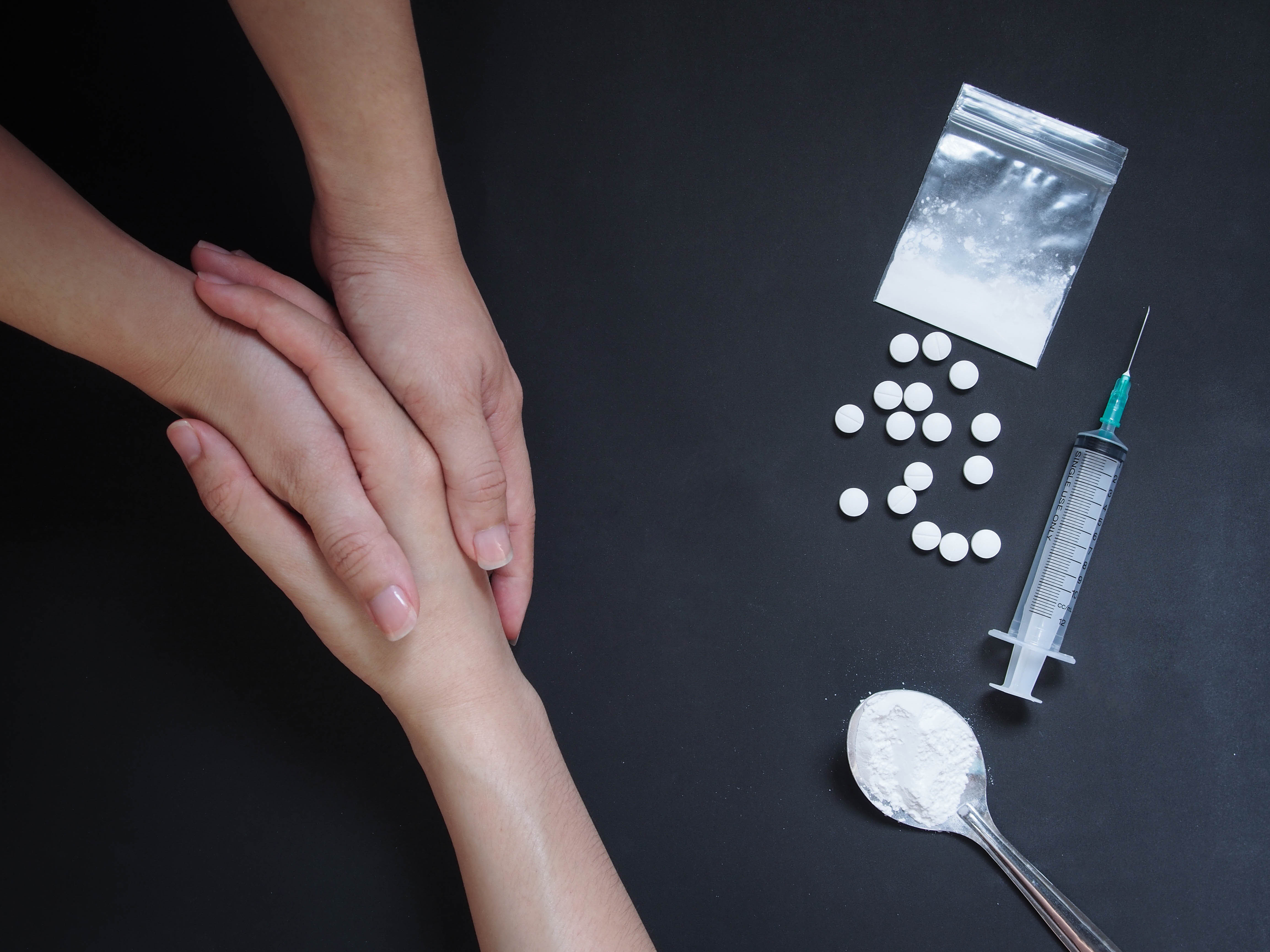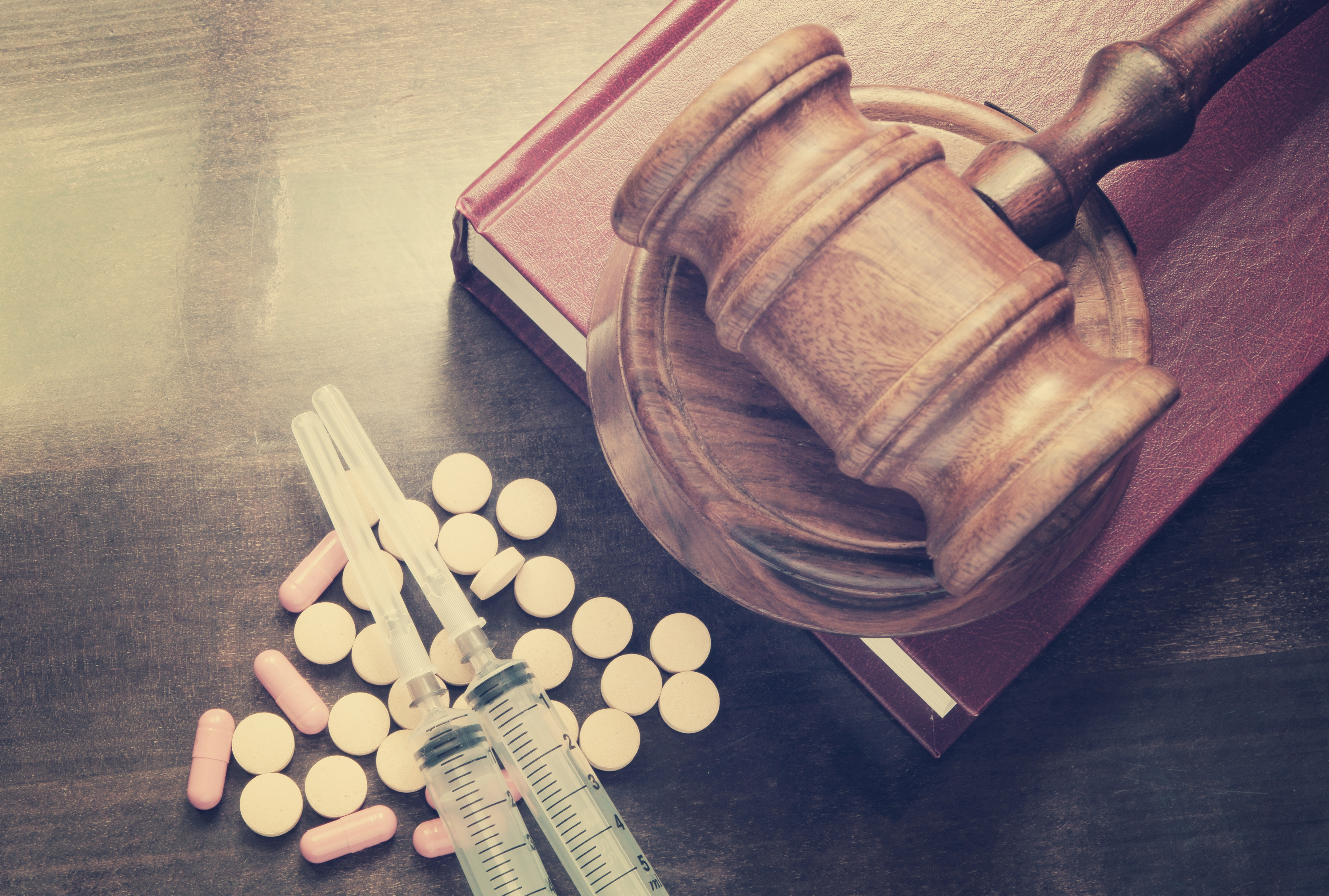DRUG PREMISES CHARGES IN NSW
In NSW, being on drug premises is an offence.
Drug premises are any premises used for manufacturing or selling drugs.
A drug premises is also premises used for doing something that assists the growth of prohibited plants inside a building for a commercial purpose if it involves:
- 50 or more cannabis plants; or
- At least 5, but less than 50 cannabis plants if growing it for the purposes of selling.
Our experienced drug lawyers can effortlessly provide you with the right advice and information.
This is reflected in section 36TA Drug Misuse and Trafficking Act 1985 (NSW).
DRUG PREMISES PENALTIES IN NSW
There are 3 different kinds of drug premises offences in NSW– s36X, 36Y and 36Z.
If charged with section 36X of entering, leaving, or being on drug premises:
| Offence Type | Maximum Jail | Maximum Fine |
|---|---|---|
| First Offence | 12-months imprisonment | $5,500 |
| Second Offence | 5-years imprisonment | $55,000 |
If charged with section 36Y of being the owner or occupier of the premises and you knowingly allow it to be used as drug premises or if you are charged with section 36Z of organising or conducting drug premises you will face the following penalties:
| Offence Type | Maximum Jail | Maximum Fine |
|---|---|---|
| First Offence | 12-months imprisonment | $5,500 |
| Second Offence | 5-years imprisonment | $55,000 |
Penalties if offence committed knowing a child had access to the premises, exposing the child to drugs, the supply process or equipment capable of being used to administer drugs:
| Offence Type | Maximum Jail | Maximum Fine |
|---|---|---|
| First Offence | 14-months imprisonment | $6,600 |
| Second Offence | 6-years imprisonment | $66,000 |
For all first–time offenders of either of the above offences, the case will be dealt with in the Local Court.
If the offence is your second or subsequent offence, then it will be dealt with in the District Court.
The maximum penalties are rarely imposed by courts and are only ever imposed against the most serious offenders.
The penalty a Judge imposes for a drug premises offence will largely depend on how well your case is prepared and presented in-front of the Magistrate or Judge in court.
The Court will impose any one of the following types of penalties for a drug premises offence:
• Section 10 Dismissal Order (non-conviction)
• Conditional Release Order with or without Conviction
• Conviction with Fine
• Community Correction Order with conviction
• Intensive Correction Order with conviction
• Full-Time Imprisonment with conviction
WHAT ARE THE DEFENCES?
Ultimately, if the charge relates to premises that isn’t or wasn’t used for drug premises, you will be not guilty.
You will be not guilty if:
If charged with section 36X of entering, leaving, or being on drug premises
- If it can be shown that you were entering, leaving or on the premises for a lawful purpose or with a lawful excuse. An example of this can be where you were visiting a friend or family on those premises; or
- You were acting under duress or necessity.
If charged with section 36Y of being the owner or occupier of the premises and you knowingly allow it to be used as drug premises
- If you were unaware that the premises were being used for the purposes of drug manufacture, cultivation or supply; or
- If charged with committing this offence while knowing that a child had access to the premises:
o The child was not exposed to the drug or equipment; or
o You did not know that a child had access to the premises; or
o The drugs or equipment used for drugs inside the premises did not pose a danger to the child’s health or safety; or - You acted under necessity or duress.
If charged with section 36Z of organising or conducting drug premises
- If you were not aware or could not reasonably be expected to have known that the premises were being organised or conducted for the purpose of drug manufacture, cultivation or supply; or
- If charged with committing this offence while knowing that a child had access to the premises
o The child was not exposed to the drug or equipment; or
o You did not have knowledge that a child had access to the premises; or
o The drugs or equipment used for drugs inside the premises did not pose a danger to the child’s health or safety; or - You acted under duress or necessity.
The charges can get dismissed or withdrawn early if the police discovered the drug premises as a result of an illegal arrest or illegal search of the premises.
Our senior drug lawyers are the leading specialists in drug cases, they can guide you through various defences and provide you with the right information. Call us now on (02) 8606 2218 to book a free first consultation with a specialised drug defence lawyer.
Your Options in Court
If you plead not guilty to a drug premises charge in court, your case will eventually be adjourned to another court date for either a defended hearing in the local court or a jury trial in the District Court.
Before the hearing or trial starts, the police will be required to serve you with a copy of all their evidence so that you can be properly prepared.
On the hearing or day of trial, the court will be required to determine whether you are guilty or not guilty.
Your charge will get dismissed and you will be acquitted if you are found not guilty.
If you are found guilty, the court will sentence you for the offence, by imposing one of the available types of penalties.
To be found guilty of a drug premises offence, the prosecution must first prove each of the elements of the crime beyond reasonable doubt in court. These elements are outlined below:
If charged with section 36X of entering, leaving, or being on drug premises
- The prosecution must prove that you were inside, you were entering, or you were leaving the drug premises, without a lawful excuse.
If charged with section 36Y of being the owner or occupier of the premises and you knowingly allow it to be used as drug premises
- The prosecution must prove that you own or occupy a drug premise; and
- You allowed the premises to be used for that purpose.
If charged with committing this offence while knowing that a child had access to the premises:
- The prosecution must prove that you own or occupy a drug premise; and
- You have allowed the premises to be used for drug premises; and
- During that time, you were aware that a child (under 16 years of age) had access to the premises; and
- As a result of the child having access, the child was exposed to the drugs or plants, or equipment used for drugs; or the drug supply process
If charged with section 36Z of organising or conducting drug premises
The prosecution must prove that you played a part in organising or conducting a drug premises (or assisted in doing this).
If charged with committing this offence while knowing that a child had access to the premises:
- The prosecution must prove that you played a part in organising or conducting a drug premises, and
- You were aware that a child (under 16 years of age) had access to the premises; and
- As a result of the child having access, the child was exposed to the drugs or plants, or equipment used for drugs, or the drug supply process.
You will be found not guilty if the prosecution fail to prove any one of the above elements of the offence you are charged with. This will mean that the charge will get dismissed and you will be acquitted.
If you believe the prosecution cannot prove the offence, your lawyer can commence negotiations with the prosecution to get the charges withdrawn early. This is done by drafting and sending a document called ‘legal representations’ to the prosecution, outlining all the holes in their evidence.
If you decide to plead guilty to a drug premises offence, the court will either sentence you on the same day, or it will adjourn your case to obtain an assessment report for your sentence to be heard on another day in court.
25% Reduction in Penalty for Early Plea of Guilty
The Magistrate or Judge will reduce your sentence by 25% if a plea of guilty is entered on the first court date for a drug premises offence. The later in the case a plea of guilty is entered, the smaller that 25% discount will become.
It is important to get early advice and guidance to ensure that you don’t miss out on this benefit.
Good Character Reference Letters
Collecting properly drafted character reference letters from family, friends, partner, employer, charity and religious organisations for your sentence in court can convince a Magistrate or Judge to impose a lighter sentence.
Well drafted character letters may outline expressions of your remorse, insight, your good character, and affects of a criminal conviction or jail on your job and any family dependants.
Letter of Apology
A letter of apology is a letter from you addressed to the court which can be used in order to persuade the Judge or Magistrate to impose a lighter penalty on your sentence.
A letter may address the remorse you feel towards your offending conduct, along with your realisation of how serious the charge is. You may also address any rehabilitative steps you have taken in order to better yourself and personal circumstances.
Negotiate to Drop Charges
If any of the defences outlined above apply to you, you may negotiate with the prosecution to get the drug premises charges withdrawn or downgraded early.
This can be done by outlining all the holes in the police evidence in a letter called ‘legal representations’, which is sent to the prosecution. An experienced drug lawyer will know how to do this in the most effective way.
Negotiations should be done before pleading guilty in court.
Negotiate to change the police facts
The statement of police facts sheet is a document drafted by police attempting to summary and outline details of your offence- for the court to read right before a penalty is imposed for sentence in court.
A facts sheet that puts you in a better light when read by the court is likely to result in a much lighter sentence.
Through negotiating with the prosecution, you may be able to delete or change portions of the facts sheet to ensure it reflects the truth.
Psychologist Reports
A compelling, well drafted psychologist or psychiatrist report from an experienced and respects expert can significantly improve the sentence outcome in court.
A good psychologist report may outline any mental illness you suffer, whether there is connection between this and your offending behaviour, expressions of your remorse and insight into the offence and your treatment and progress.
Our team of lawyers have hand-picked the best experts for this job.
As Australia’s leading team of drug defence lawyers and barristers, we are experts in drug cases with over 25-years-experience.
Our team of specialist drug lawyers have an outstanding proven track record of:
- Getting drug charges withdrawn early in the court proceedings
- Securing not guilty verdicts in complex jury trials for serious drug charges
- Getting exceptional results in sentence proceedings upon a plea of guilty or finding of guilt
Our experienced expert drug lawyers attend all courts and are familiar with the Judges and Magistrates who preside there.
FAQ
You may be charged with organising or conducting a drug premises where you act as a lookout, door attendant or guard to the premises.
Drug premises is any premises used for manufacturing (extracting, refining), or supplying prohibited drugs.
It also includes any premises used for doing anything that helps grow prohibited plants inside a building. For example, it includes cannabis plants:
- Where it’s more than 5 but less than 50 plants cultivated for purpose of selling, or
- Where it’s not intended for selling, but the number of plants are more than 50

